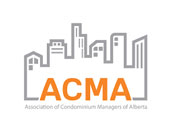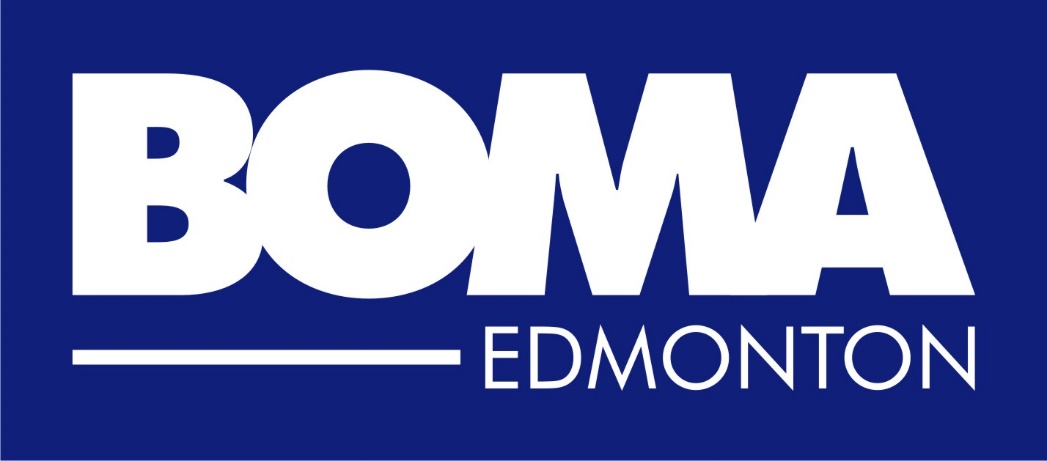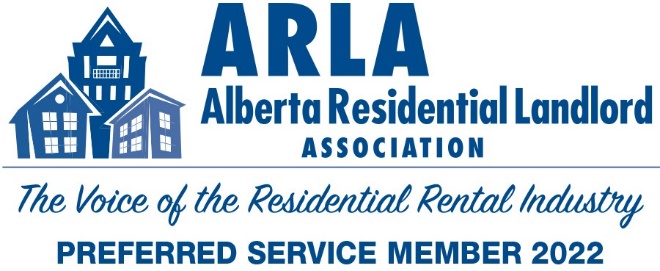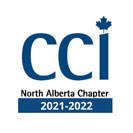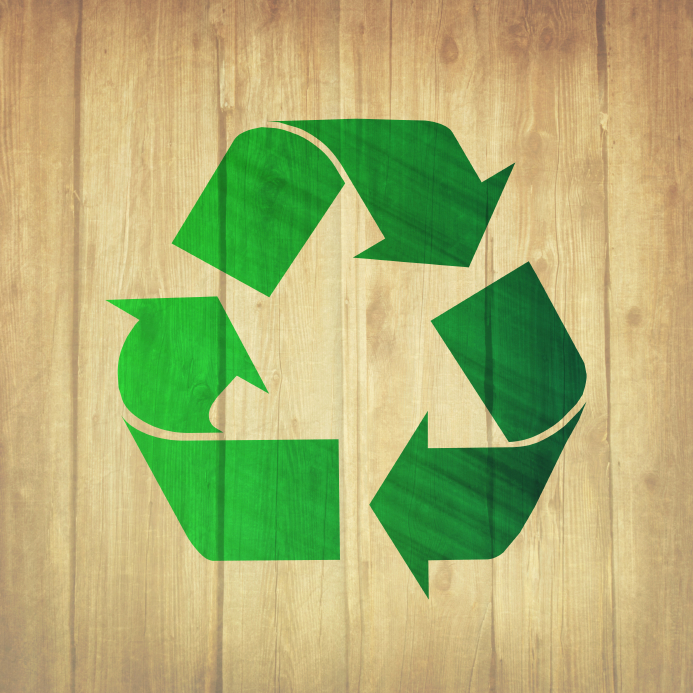
Most people know that recycling is the process of collecting materials, such as plastic and paper that would otherwise be thrown away, and turning them into new products. A lot of things we use day-to-day have the recognizable recycle symbol of three arrows, which stand for “reduce, reuse, recycle.” Perhaps the coffee cup you were given this morning at your local cafe had the symbol. A foam cooler may also carry the symbol, along with catalogues, pens, hangers, surf boards, computers, and more. Recycling, we are told, can actually benefit our community as well as the environment.
Despite this, it’s easy to find ourselves wondering how well this recycling business is actually working. After all, how much difference could it possibly make to separate your glass and plastic from the rest of the trash? According to a Waste Management World article, “Over 34 million tonnes of waste was handled in Canada during 2008, according to figures released by Statistics Canada about 1031 kg of waste per Canadian.” That’s quite a bit of waste!
Many people choose not to recycle because it’s inconvenient. That is, if they have an item that can be recycled but there is no recycle receptacle present, they’ll instead throw the item in the trash. You’ve probably done this once or twice yourself. Most of us have. After all, you’re just one person and it’s just one item. How big a difference could you possibly be making?
It’s safe to say that if you asked an expert, they’d tell you that the earth’s population has an incredibly large waste problem. This is not a problem that can be solved with recycling alone. On the other hand, it’s important to note that recycling isn’t bad. Plus, as technology gets better so too will recycling, as well as what comes out of recycled products. Curious to learn more benefits of recycling? Here are a few:
● Saves energy
● Reduces the amount of waste sent to landfills
● Helps to sustain the environment
● Creates jobs in both the recycling and manufacturing industries
Also, keep in mind that as great as it is to recycle, there are ways to help prevent waste and pollution from becoming an issue in the first place.
Prevention is an important step in conserving our earth. Here are some things you can do to help prevent waste and pollution:
● Invest in solar panels to cut down on energy costs in your home
● Maintain your septic system (if you have one)
● Don’t litter this includes cigarettes, paper, cups, and other debris
● Compost at home
Recycling has not yet had a life-altering impact on our planet. However, there are many cities that have put their recycling plans at the forefront of the minds of citizens. These cities are not only working to reduce their overall carbon footprint, they’re also teaching upcoming generations the importance of keeping Earth healthy. Recycling isn’t a simple fix to the problems of overuse and waste on this planet, but it is a very good start. While it may be hard to believe that the simple act of throwing your paper cup into the recycle bin as opposed to the trash makes a difference, it does. This is especially true when everyone pitches in. Tell your friends and family members to recycle today and let’s all make a difference for the future of our planet.

